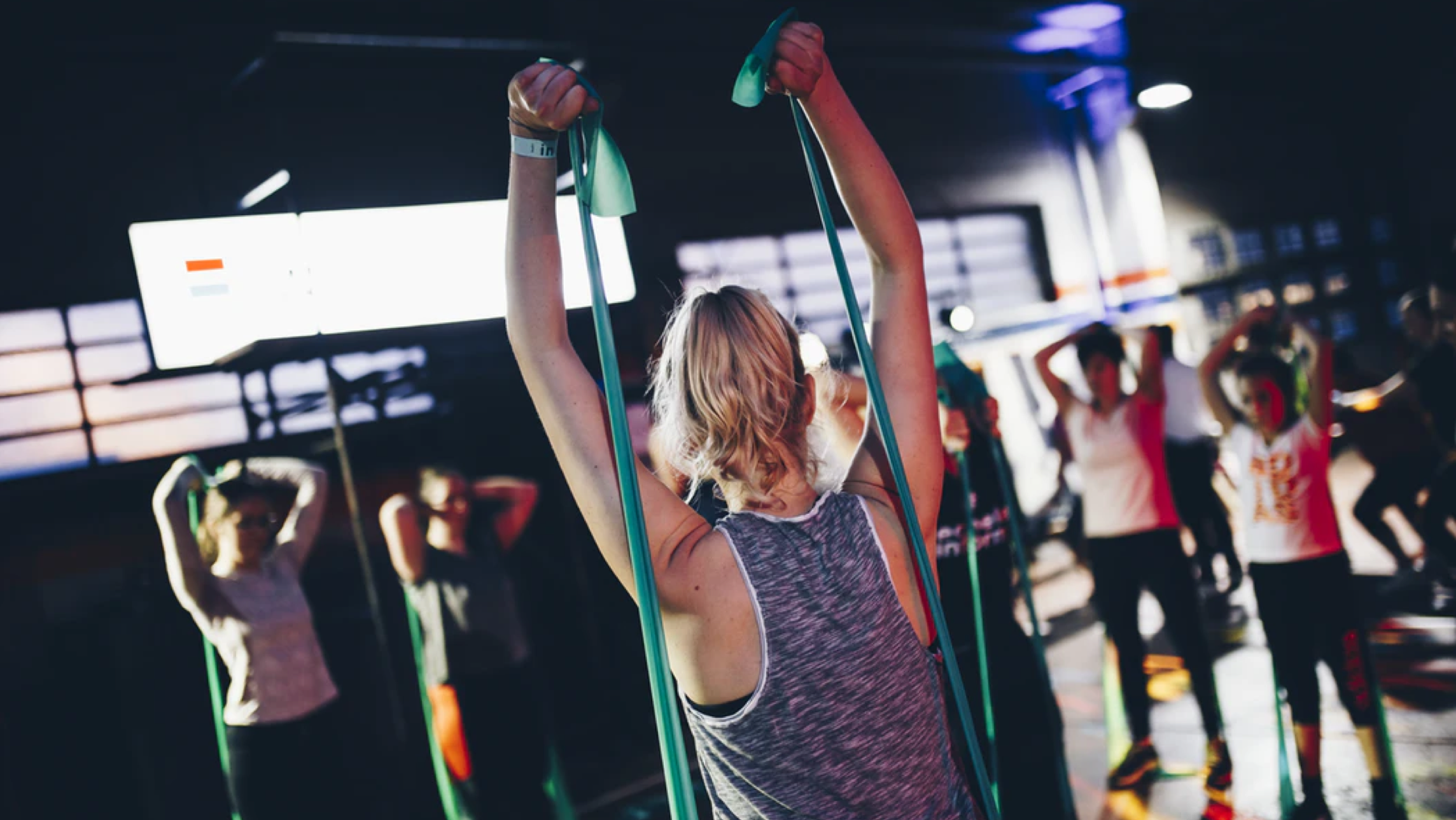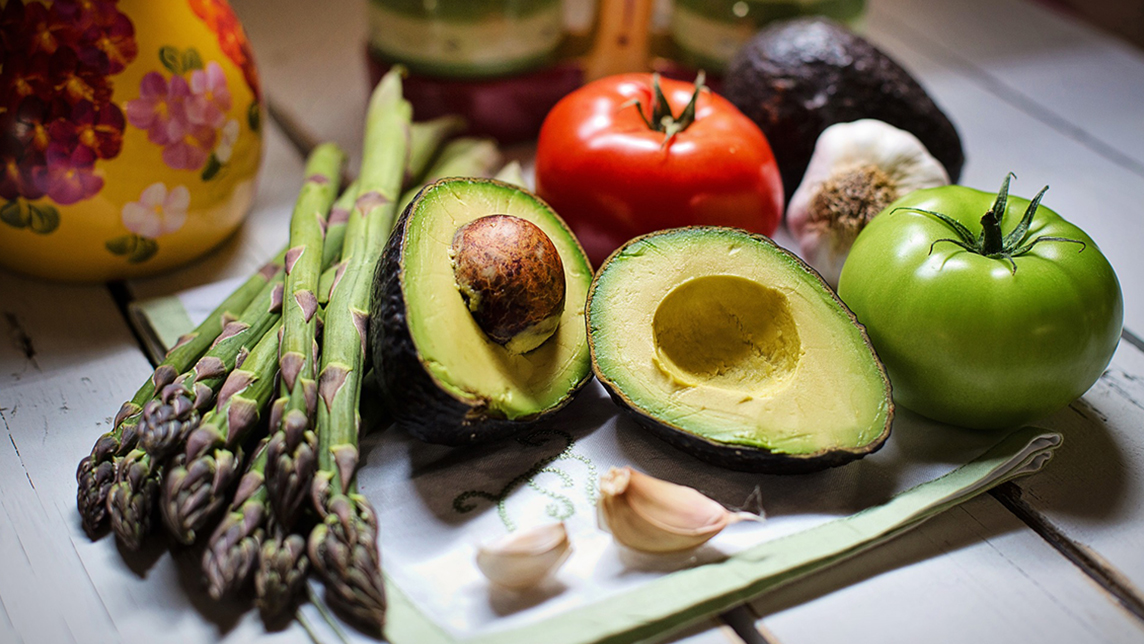The phrase “health and wellness” conjures up a whole range of images, from sweaty gyms and high-energy dancercise classes to yoga sessions, green smoothies and vegan burgers. The pursuit of a longer, healthier life has been turned into an industry, and companies are keen to capitalize on this hunger for healthy living. This is especially true in urban areas, where people are busy yet sedentary, their bodies burdened by high-pressure schedules, long hours seated at their desks and a steady diet of unhealthy food.
In Indonesia, the word “fitness” used to be associated with bodybuilders and hardcore athletes, deterring anyone not fitting the description from venturing into the gym. But with growing disposable incomes, greater awareness of health risks stemming from inactivity and the general trend toward healthy living, the market has grown into a multimillion-dollar industry.
Indonesia's fitness industry was worth US$271m in 2017, having grown 45% over three years, according to the International Health, Racquet and Sportsclub Association as cited in the Nikkei Asia Review. It also noted that the health and wellness food market in Indonesia is valued at US$9bn today, citing a Euromonitor report.
Where the money goes, the startups follow. From gym franchises to health food vendors, here are some of the most prominent players in Indonesia’s wellness startup scene.
Movement without commitment
Gyms and fitness classes are still the mainstay of the wellness lifestyle. Besides providing expert trainers and much needed room for physical activity, they’re also a gathering spot for health-conscious individuals. Unfortunately, most gyms are still operating under the classic, monthly membership model that requires a lot of commitment. Such a model can motivate people to maintain their fitness regime, but as work schedules become more unpredictable, it can be hard for people to go to the gym or attend classes often enough to make their membership fees worthwhile.
This is why the business model that propelled ClassPass to its current success has become so popular. Customers subscribed to ClassPass get discounts on a wide variety of gyms and exercise classes, all without needing to commit to just one gym or venue. It’s the perfect fit for people who are not sure if they can go to the gym regularly, or for those seeking variety in their workouts. Fitness class operators and gym owners benefit too, as they can fill up half-empty classes and earn revenue from people who do not want to sign up for a membership.
One local startup, DOOgether, has brought the same model to Indonesia. Its users can choose between two types of monthly subscriptions: one that offers free access to any partner gym or class, or a cheaper subscription that offers a 50% discount off every class the member signs up for. Founded in 2016, the startup is still going strong after three years of competing with Singapore-based Guavapass, which entered Indonesia in 2017. Guavapass was acquired by ClassPass in January, however, and now DOOgether has to face off against the format’s pioneer.
DOOgether announced in August that it is working with ride-hailing unicorn Gojek on a new product. Dubbed GoFitness, it allows Gojek users to book fitness classes and gym access at DOOgether’s partners. Although the feature taps into DOOgether’s platform, it does not require additional downloads; Gojek users can access the feature from the Gojek app itself and pay using their GoPay wallet balance.
Eat right, eat well
Any personal trainer worth their salt will tell you that half the battle for fitness is waged in the kitchen. Choosing the right kinds of food nourishes the body and builds the foundation for health and growth. More people are seeking healthier alternatives to their daily staples, from salads and juices to “superfood” smoothies and vegan meals.
Naturally, some startups have picked up on this trend. In 2017, health consulting startup Konsula transformed into health food marketplace Lemonilo. Aside from selling multivitamins and healthy snacks from various brands, Lemonilo also developed its own house brand of instant noodles, putting a fresh spin on what is practically Indonesia’s most popular food by offering a low-gluten, trans-fat-free product.
For those who need specific types of meals for therapeutic purposes – people with diabetes or high blood pressure, for example – or just want to eat healthier without the fuss, health food caterer Gorry Gourmet is ready to help. It provides ready-to-eat, curated meals that are nutritionally catered for various needs, such as eating healthier, losing weight, building muscles and managing a chronic illness. The company says it has helped customers lose a cumulative total of more than 62,000 kg in body weight and build up more than 12,000 kg in muscle mass.
Not all of the startups that ride on the healthy eating bandwagon have managed to stay onboard. One such startup was BlackGarlic, a subscription service that sold “meal kits” comprising ingredients for various menus that are ready to cook with minimal prep work on the customer’s part. The company saw eating home-cooked meals as a healthier alternative to fast food and other types of processed foods. The idea did not catch on with the urban population they targeted, however, and the startup quietly shut down in 2017.
A holistic approach to business
Looking at the many health and wellness businesses, it is clear that the market is fragmented. Gyms, for example, are not diversifying into offering healthy food even though their customers will most likely eat at an açai bar or a vegan burger joint after a workout. While this means more choices for customers and greater specialization by businesses, it also means that the network benefits of the wellness industry remain untapped.
The founders of startup group The Fit Company realized this potential and built their business to reach multiple verticals. Established in 2017, the company runs a gym equipment vendor, a conventional gym, a restaurant serving low-calorie meals and a “healthful” instant noodle brand.
Their claim to fame, however, is bringing “electromyostimulation” (EMS) training to Indonesia through their 20FIT micro-gyms. Simply put, the training involves wearing a special suit that stimulates the muscles with electric currents. This makes the muscles contract more than normal, adding intensity to each workout. An EMS workout session lasts only 20 minutes, making it a perfect fit for Jakarta’s busy executives. There are currently 20FIT gyms in 15 locations, two of which are outside greater Jakarta.
Bringing their line of wellness products together is the FITCO app, which was developed after the company acquired three fitness app developers. Users subscribed to FITCO get points and discounts whenever they book The Fit Company’s gyms and its partner classes. The company also plans to include healthy eating recommendations and meditation practice recordings, making it a true one-stop shop for wellness needs. By combining its different businesses, The Fit Company capitalizes on the interconnectedness of the wellness lifestyle phenomenon, instead of focusing on just one part of the market.














